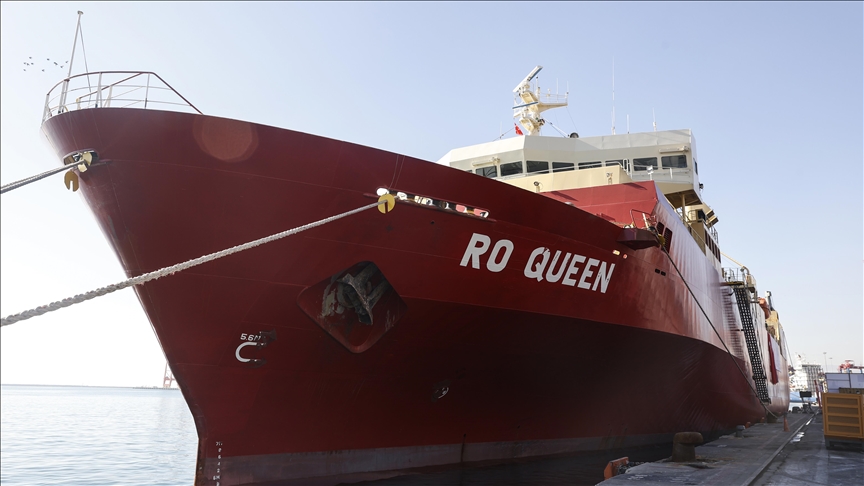
The United Arab Emirates has officially notified Port Sudan Airport authorities that it will no longer accept flights operated by Sudanese carriers into any of its airports, according to aviation-sector sources at Port Sudan. The move forced the cancellation of dozens of scheduled departures on Wednesday morning, preventing passengers from travelling to Abu Dhabi, Sharjah and Dubai aboard Sudanese airlines.
Sources close to the “Tayaran Baldna” platform—affiliated with Sudan’s Civil Aviation Authority—said Emirati officials told their Port Sudan junta the UAE lacked the “operational capacity” to handle Sudanese flights. Airport insiders dismissed that explanation as “illogical,” noting that all major UAE airports possess spare slots and ground-handling services that could accommodate additional flights.
Despite rising political tensions since the outbreak of war in Sudan, bilateral trade and daily air services by Badr Airlines and Tarco Airlines between Port Sudan and the UAE had continued uninterrupted. Civil Aviation Authority officials in Khartoum have yet to comment publicly on Abu Dhabi’s sudden suspension.
“Tayaran Baldna” predicts that Sudan’s Civil Aviation Authority will issue a clarifying statement within the next 24 hours. The decision comes as Sudan’s aviation sector grapples with security threats and infrastructure strains, particularly in eastern regions.
Since May, commercial operations into Port Sudan have been partially suspended following a series of drone strikes targeting the city and its airport—attacks claimed by no group. Prior to that, the main international airport had been relocated from Khartoum to Port Sudan to maintain a lifeline for passengers and cargo amid escalating conflict.
Aviation experts warn that prolonged suspension of Sudanese flights to the UAE could sever a critical corridor for trade, medical evacuations and humanitarian aid. Khartoum’s authorities are reportedly exploring alternative overflight and destination agreements to mitigate the impact on travellers and commerce.




